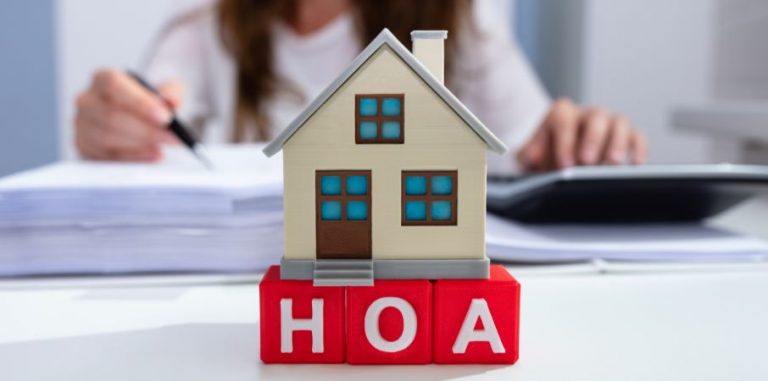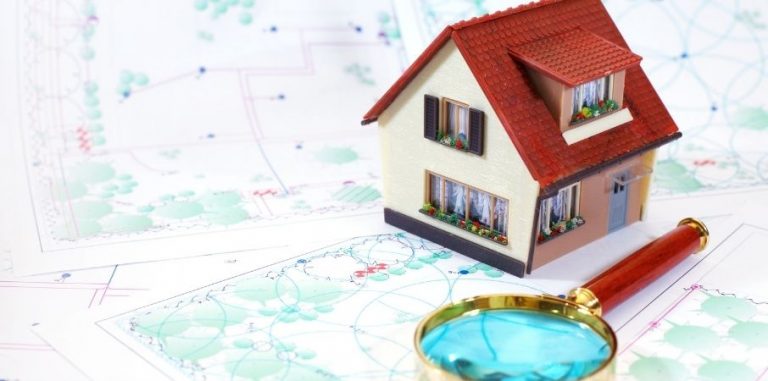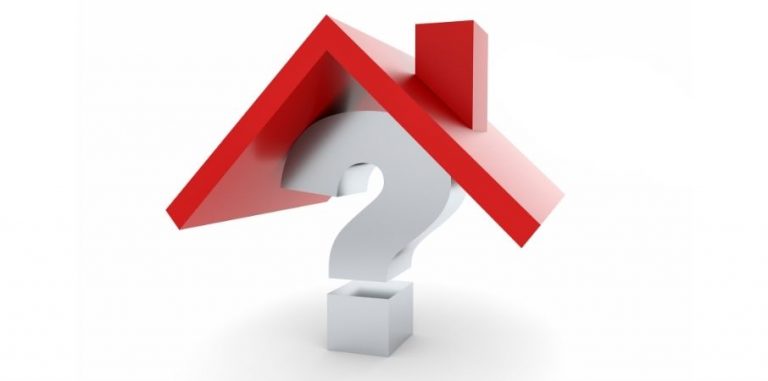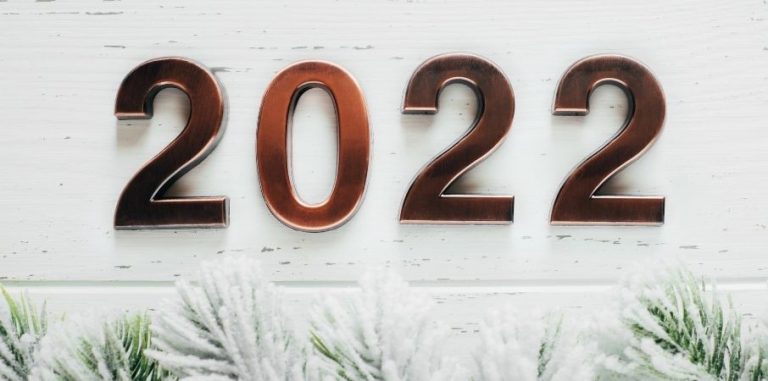We’ve said it before and we’ll say it again: When you buy rental real estate, you’re entering into a small business.
As with all businesses, large or small, customer service should always be a major priority. After all, it’s easier and cheaper to retain customers than it is to find new ones.
As a Landlord, this holds true for you, too.
Maybe even more so than many other industries.
Effective Property Management is a critical component of any successful buy and hold strategy. If your Tenants renew, you save a TON of time, energy and money.
To maximize your investment, you should strive to retain good Tenants and avoid vacancy, which, as we’ve noted before, is a cash flow killer.
Arguably, one of the best ways to keep your Tenants happy is to practice good maintenance processes.
In fact, one of the top reasons Tenants will choose to move is if they feel like the Landlord is not properly addressing maintenance issues. Occasionally, Landlord-Tenant relationships can become difficult, but maintenance response – or the lack thereof – is typically the biggest contributor to making or breaking those relationships.
You owe it to yourself and your Tenant to do everything you can to make their experience as positive as it can be. When managing rental properties, maintenance is one of the most important things to get right.
How to Use Good Maintenance Processes to Retain Good Tenants
Using a Third Party Indianapolis Property Manager
If you opt to sign with a third party Property Manager, then you really don’t have to stress about the day-to-day maintenance issues too much – i.e. no 2 a.m. phone calls about a broken furnace. However, when vetting PMs, you should ask a lot of questions about how they will handle this very important aspect of your investment.
Some good questions to ask include:
- What is your maintenance process?
- How do you handle emergency calls?
- How many maintenance technicians do you have on staff?
While you don’t have to be as directly involved in the maintenance process, you should always keep an eye on how things are working out.
Ideally, your PM will utilize software that will allow you to view work orders, notes and even invoices related to maintenance.
While lease renewals are not always directly correlated to how maintenance is handled, it’s one of the first things you should investigate if you aren’t getting many.
Using a Property Management company can be a great option for Owners, but don’t forget that the Tenant is still YOUR customer as well and you need to do your due diligence to ensure they are taken care of.
Related: How Much Will I Spend on Maintenance?
Self-Managing Your Indianapolis Rental Property
If you decide to be your own Property Manager, you must take it upon yourself to provide excellent customer service. Here are a few things to consider:
1) First, define in your Lease exactly who is responsible for specific maintenance items, and be sure the Tenant understands this PRIOR to move in. For example, how do you want to handle clogged drains? Pest control?
- Landlord Tip: Avoid adding too many Lazy Landlord clauses in your Lease. We cringe when we see Leases that basically tell the Tenant all maintenance is their responsibility. Setting up this environment can set you, your Tenant, and your return up for failure. Without question, particularly in the single family world, Tenants should be responsible for some basic maintenance. You have no obligation to provide a concierge service. However, be smart and accountable for items that should be your responsibility, particularly if there are state or local statutes that require certain maintenance requirements from Landlords.
2) Next, you’ll need to implement a system that will enable you to track and monitor all maintenance requests. There are various software systems out there that you can utilize such as Propertyware, or, you can develop your own system. Whatever you choose, just make sure you and anyone else involved understands how to use it properly.
3) Finally, you have to figure out how you are going to attend to Tenant’s needs and requests in an efficient and effective way. Depending on the scope of your portfolio, there’s a few ways you can go about doing that.
If you’re a do-it-yourselfer and only have a few properties to manage, then you could always be your own maintenance technician. But, let’s be honest, how many Landlords really want to deal with that? This is supposed to be passive income, right?
And more likely than not, you don’t have the specialized training to repair HVAC systems, a roof, or most electrical problems, so you’ll have to hire someone anyway.
Which brings me to my next point, as a self-managing property Owner, you need to make it a point to forge relationships with various vendors. Particularly:
- Plumbers
- HVAC Servicers
- Electricians
- Roofers
- Appliance repair technicians
You’ll need a few of each specialty that you can call at any given moment should your Tenant have an emergency maintenance issue.

- Landlord Tip: Channels like thumbtack.com can be a great place to find skilled technicians. You simply post the job you need done and vendors will reply with their bid and availability.
Once you begin to grow and add more properties to your portfolio, you will definitely want to hire someone you trust who is solely dedicated to handling maintenance.
Screening Maintenance Requests
When screening maintenance requests, there’s a fine line between “the customer is always right” and having a little backbone and/or enforcing the terms of your Lease.
Tenants may consider some issues emergencies that you may not. In some cases, they want you at the house in the same amount of time whether a light bulb went out or the roof is caving in.
For things that can wait until the next day, you will have to politely tell the Tenant to wait. Communicate. Be transparent. You need to let them know that you are aware of the issue and that you truly care, and that you will have it fixed in a reasonable amount of time.
Again, outline in your Lease exactly what you expect the Tenant to be responsible for and screen requests based on those guidelines.
Quick Tips on Handling Maintenance Requests
- Document every request
- Respond quickly
- Follow up after the service date to see if the Tenant is happy
- Thoroughly vet any vendors that will be entering your properties
- Avoid situations where Tenants request repairs or maintenance directly from a vendor
- Ensure the Lease is clear on what maintenance the Tenant is responsible for
Good Maintenance is Good Customer Service
Whether you use a Property Manager or self-manage, good maintenance is good customer service and it’s one of the best forms of customer retention there is.
A fair amount of Tenants have low expectations for Landlords and maintenance response, so if they get great service while living in your property, it substantially increases the chance that they will want to continue renting from you.










One Response
Great article! Thank you for sharing this informative post, and looking forward to the latest one.